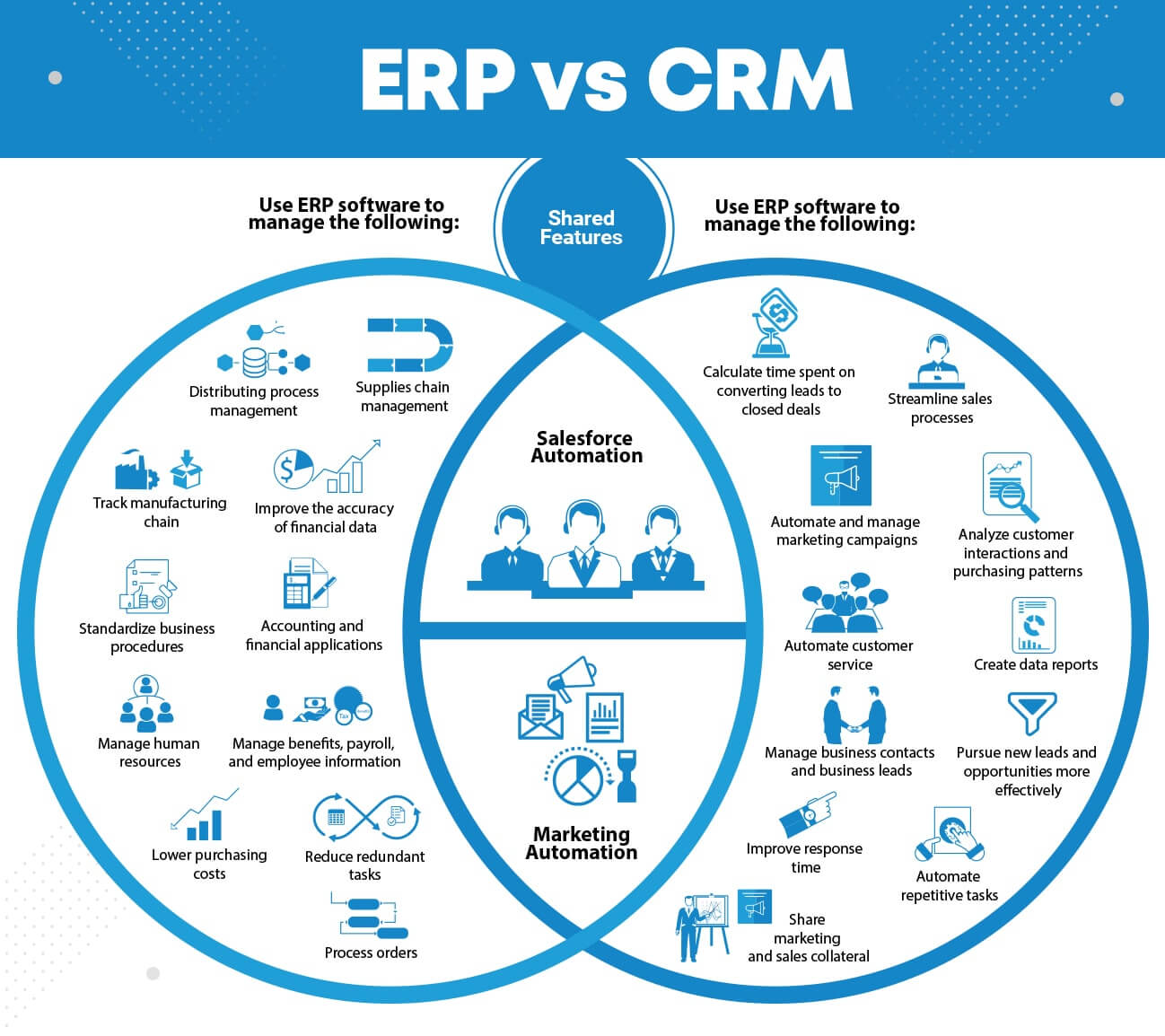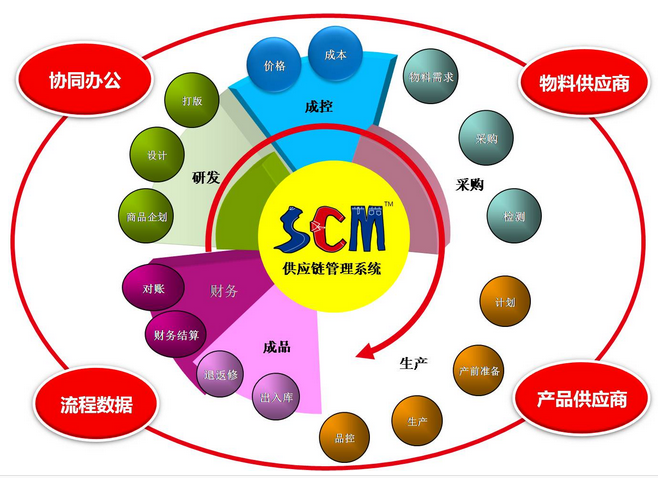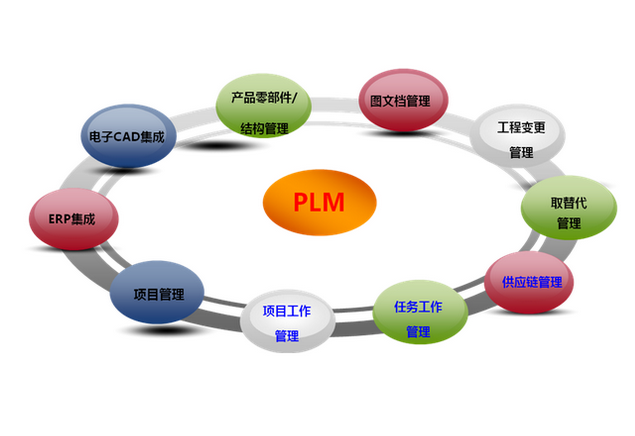SAP's own investigation, conducted by law firm Baker McKenzie, revealed that SAP had paid $7.7 million in commissions to third-parties linked to the Gupta family while securing contracts worth $48 million with Transnet and Eskom.[113][114][115]
Panamanian bribery[edit]
Since May 2015, the company has dealt with a series of high-profile bribery investigations,[116][107][106] including one that led to them paying $3.9 million to settle U.S. Securities and Exchange Commission civil charges over a former executive's scheme to bribe Panama government officials in order to win lucrative technology contracts.[116][117]
Allegations of intellectual property theft and fraud[edit]
In 2018, and in an ongoing court battle, Teradata accused SAP of IP theft and fraudulent behaviour.[118][119]
In 2021, in the German weekly news magazine Der Spiegel, additional claims were made of questionable behaviour with regards to SAP's funding of researchers at the University of Mannheim - who were in effect paid by SAP to investigate competitors technology.[118][120]
In a later article, Der Spiegel magazine maintained that SAP had been neglectful in maintaining strict governance for years.[121]
For the fiscal year 2017, SAP reported earnings of €4 billion, with an annual revenue of €23.5 billion, an increase of 6.3% over the previous fiscal cycle.[65] SAP's shares traded at over US$154 per share, and its market capitalization was valued at US$180 billion in December 2023,[66] making it the largest German company by market capitalization.[11]
The key trends for SAP are (as at the financial year ending March 31):[67][68]
Business and markets[edit]
As of 2016[update], SAP is the world's fourth-largest software and programming company.[71] The corporation operates in Europe, Asia, Africa, the Middle East, North America, and South America.[72]
SAP focuses on 25 industries and six industry sectors: process industries, discrete industries, consumer industries, service industries, financial services and public services.[73] It offers integrated product sets for large enterprises,[74] mid-sized companies and small businesses.[75]
Partnerships[edit]
SAP partners include Global Services Partners with cross-industry multinational consulting capabilities,[76] SAP University Alliances,[77] The growth can also be partially attributed to the acquisitions of Concur and Fieldglass.[57] Since 2017, SAP is a founding member of the EU Cloud Code of Conduct.[58] Since May 2021 SAP has listed selected Cloud Service adherent to the EU Cloud Code of Conduct as one of the first Cloud Service Providers.[59]
The company announced plans in 2016 to invest heavily into technology relating to the Internet of things (IoT) as part of a strategy to capitalize on the growth in that market. For that purpose, €2 billion is planned for investment in relevant sectors by the end of 2020.[60] SAP will also launch a new product line called SAP IoT, which "will combine large amounts of data from things connected to the Internet with machine learning and SAP's real-time database S/4 HANA."[60]
On 29 January 2019, SAP announced plans to cut approximately 4,000 positions at the company in a strategic plan to shift to more modern cloud-based technologies such as blockchain, quantum computing, machine learning, Internet of Things, and artificial intelligence.[61]
SAP Fioneer and Dediq[edit]
In October 2019, Jennifer Morgan and Christian Klein were appointed as co-CEOs of SAP.[90] In April 2020, it was announced that Jennifer Morgan will leave SAP and Christian Klein will continue to operate as the sole CEO, citing that the current environment of the COVID-19 recession requires "companies to take swift, determined action which is best supported by a very clear leadership structure".[91]
The majority of the company's employees are in Germany and United States.



